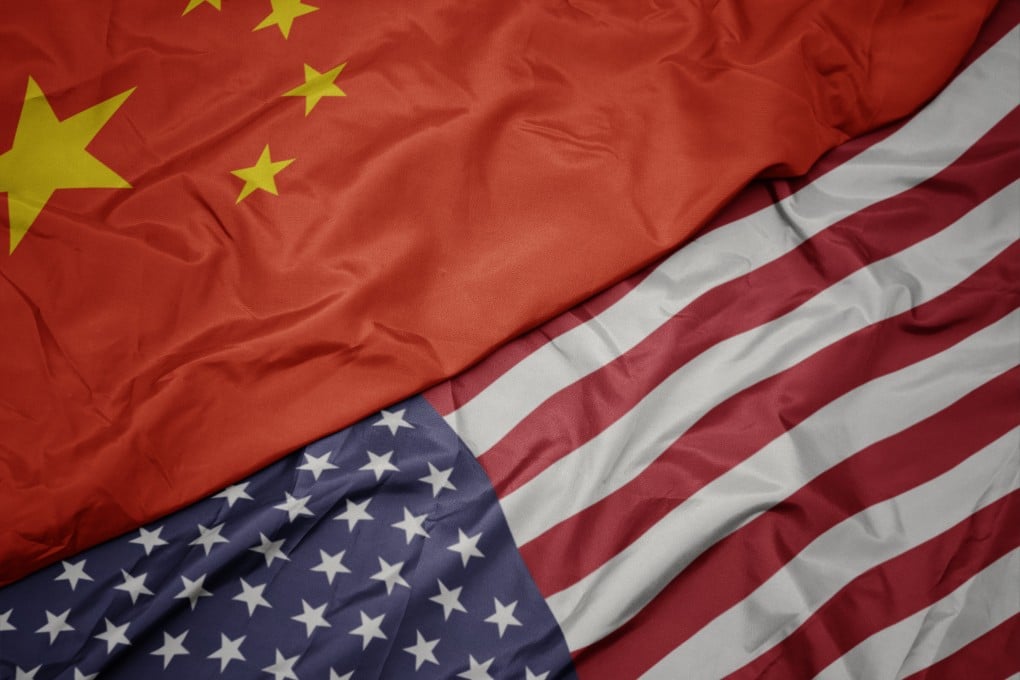The back room calculations adding up to China’s next envoy to the US
- Cui Tiankai’s successor will need to reflect Beijing’s global ambitions while navigating its deepening feud with Washington
- Qin Gang has been tipped for the position but he was previously not considered a front runner

He has held the all-important post for an unusually long stint of eight years and his replacement is seen as overdue.
Cui is part of an ageing foreign policy team that has stayed in place as the country has struggled to reshuffle its diplomatic corps to reflect the country’s global ambitions amid its deepening feud with Western countries.
But over the past few months, Beijing appears to have put the overhaul on the front burner, making new appointments in the top ranks of the diplomatic service, including three top overseas posts that have the same protocol rank as deputy cabinet ministers, such as its ambassador to Britain.
Next, Beijing is poised to name a new envoy for its most important overseas posting. According to several sources with knowledge of the matter, Cui is expected to be replaced by foreign vice-minister Qin Gang.
If confirmed, Qin’s appointment, first reported by The Wall Street Journal on April 20, would come as a major surprise to many, including government insiders. While speculation has been rife for years about Cui’s imminent retirement, Qin was not previously considered as a front runner in the race to succeed him.